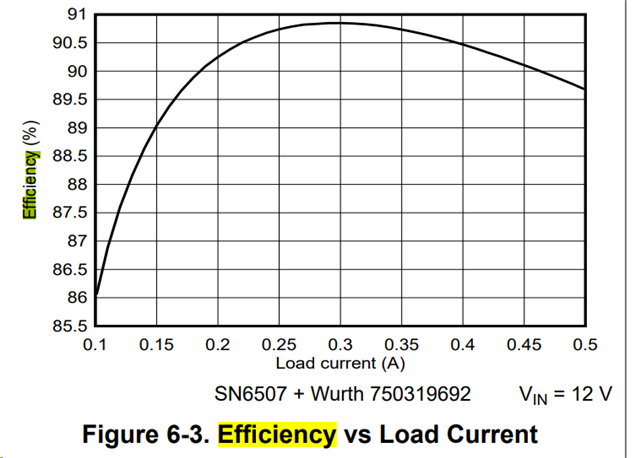Other Parts Discussed in Thread: SN6507, LM317
Dear Team,
We would like to have a feedback on our power stage for the SN6507DGQR.
- Coul you please estimate the accuracy of the output? (our current estimation is ca. 25%) Also could you provide some suggestion on how to improve the accuracy?
- Do you also have any other suggestion, feedback on our current solution?
Additional info: the application is a isolated current source of 250 mA. The first stage uses the SN6507DGQR to implement a push and pull voltage converter form 12V to 30V (first page). In the second page we use the LM317M-Q1 to provide a constant current of 250 mA.
Thank you in advance for your help!
Let me know if you need additional information.
Best Regards
Oscar Liborio


